So where does the money supply for securities companies come from? Who has pumped more money into these companies, as in the case of BIDV Securities (BSC) with loans worth nearly 16 trillion VND, most of which is for securities lending?
The Vietnamese stock market just experienced a trading session on July 29 with unprecedented liquidity: nearly 72 trillion VND on HoSE (more than 2.7 billion USD) in the context of soaring profit-taking selling pressure. The VN-Index from its historical peak of over 1,557 points fell more than 64 points, down to 1,493.41 points at the end of the session. The large bottom-fishing demand was the factor that helped liquidity surge.
A huge amount of money poured into the stock market, increasing from about 1 billion USD/session before to about 2 billion USD/session. The appearance of individual investors and new investors helped the market to be vibrant. However, a very important money flow came from securities companies, with the support of many banks.
It is estimated that the total outstanding securities loans of 40 securities companies (SCs) by the end of the second quarter reached VND285 trillion. If the outstanding loans of all SCs are calculated, the total margin loans and advances could reach over VND300 trillion (about USD11.4 billion). This is a record high.
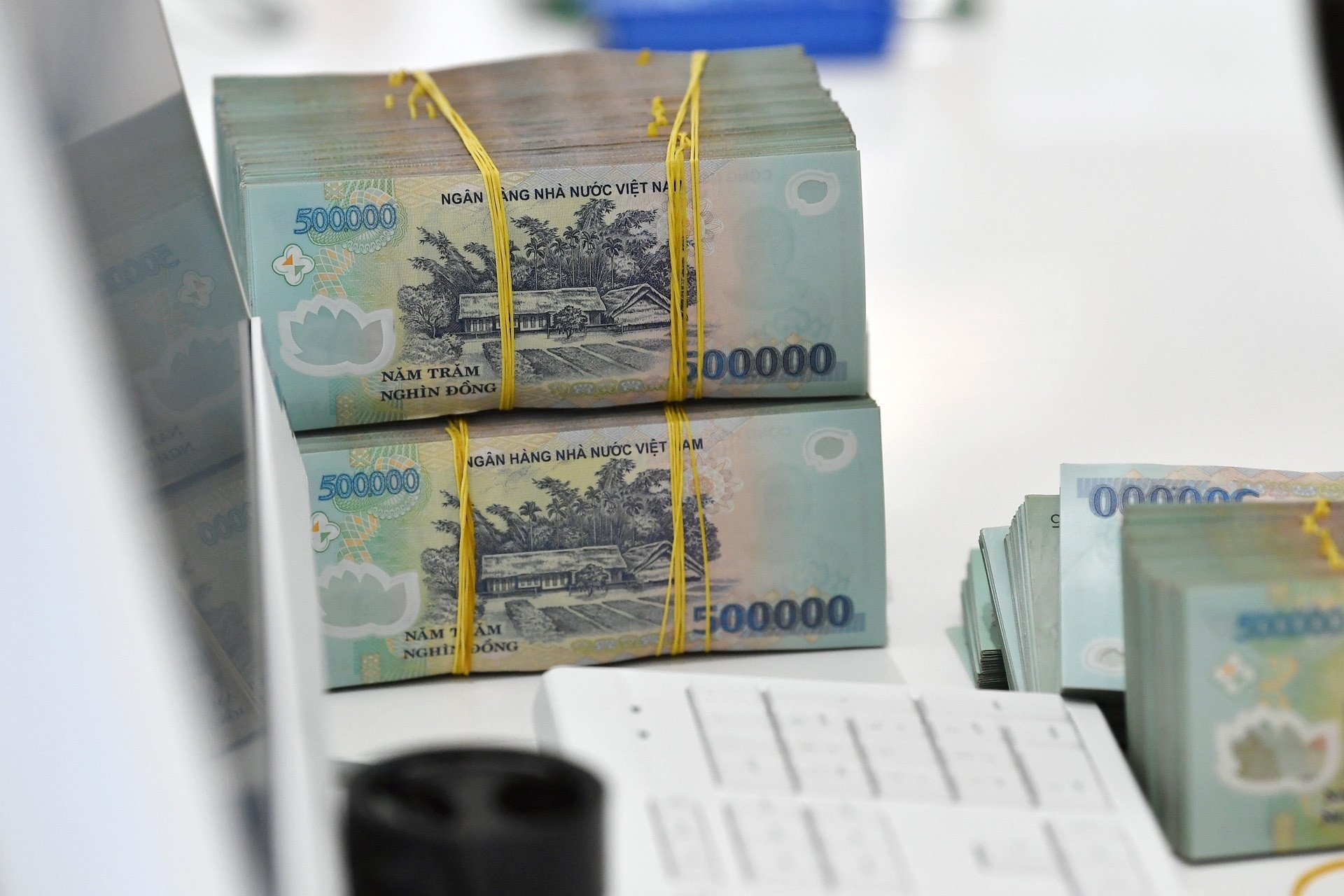
Securities lending is considered a “golden goose” that helps securities companies record strong profits during periods of market excitement. However, the room to expand this money-making channel is increasingly narrowing. Some companies have recorded a situation where there is no more room for margin lending.
Most of them are companies with large equity capital and good capital supply. Major shareholders of these securities companies are usually banks.
According to regulations, securities companies are only allowed to lend margin up to 2 times their equity.
Stock market boom, where is the money for BIDV Securities to lend to investors?
According to the financial report of BIDV Securities Corporation - BSC (BSI), as of the end of June, BSC had a total outstanding loan balance of more than VND 6,606 billion, of which nearly VND 6,332 billion was for margin lending, a sharp increase compared to the level of more than VND 5,057 billion at the beginning of the period.
This is considered an effective profit channel of BSC. Accordingly, margin trading loans are granted to customers to carry out securities margin transactions.
As of June 30, 2025, these margin trading loans have a maximum principal term of 3 months and bear interest rates ranging from 7.5% per annum to 12.5% per annum.
As of December 31, 2024, margin trading loans have a maximum principal term of 3 months and interest rates ranging from 8.5%/year to 13%/year.
Meanwhile, the interest rate of BSC loans is under 7.2%/year and the maximum term is 12 months.
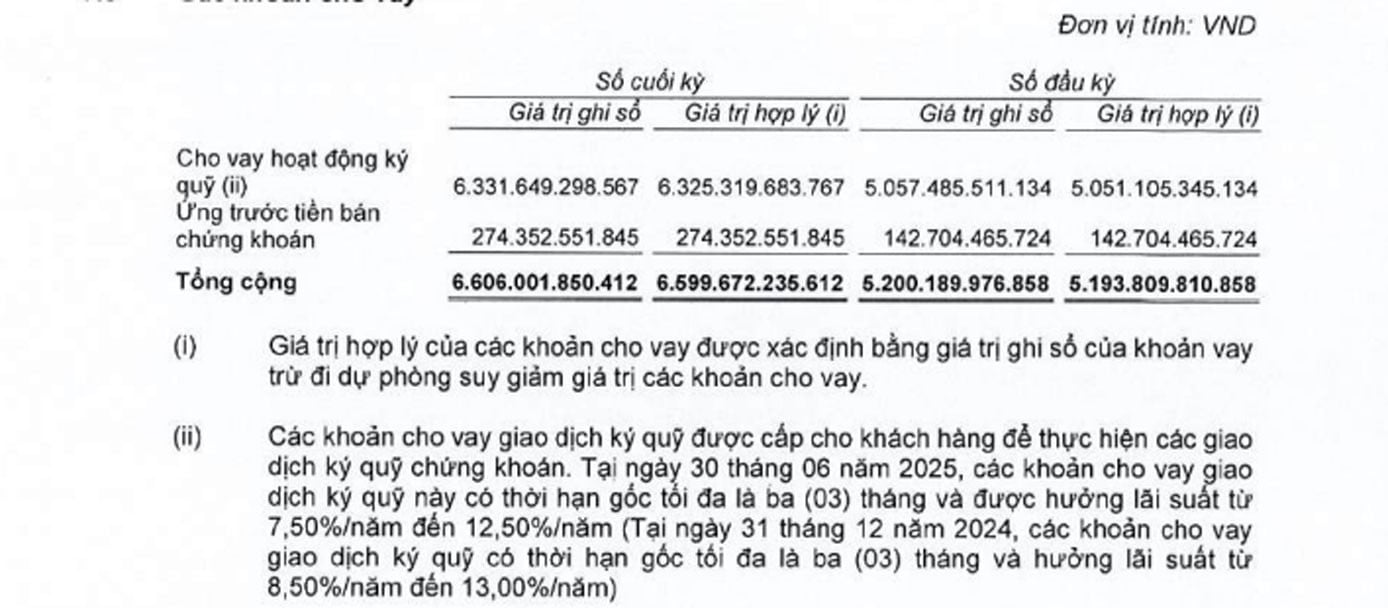
According to the semi-annual report, as of the end of June 2025, BSC recorded short-term loans of nearly VND 8,146 billion, much higher than the level of nearly VND 4,877 billion at the beginning of the period. Of which, there were VND 7,247 billion in loans from banks and more than VND 898 billion in loans from organizations and individuals with a loan term of less than 1 year and an interest rate of less than 6%/year.
So which bank pumped large sums of money into BSC?
In fact, BSC did not disclose details, but only mentioned two names. Specifically, by the end of the second quarter of 2025, BSC borrowed VND800 billion from Vietcombank and VND835 billion from Vietnam International Commercial Joint Stock Bank. The remaining VND5,612 billion was borrowed from other banks but did not give specific names. This is a very large number compared to the general borrowing rate.

During the period, BSC recorded a total short-term loan of nearly VND15,800 billion. Of which, nearly VND14,200 billion was borrowed from banks and more than VND1,600 billion was borrowed from organizations and individuals.
Of the total of nearly 15,800 billion VND borrowed from banks, 1,190 billion VND was borrowed from Vietcombank and 1,500 billion VND from Vietnam International Commercial Joint Stock Bank ( VIB ). The remaining nearly 11,500 billion VND was borrowed from "other entities" (under the "bank loans" category).
So, who lent BSC 11,500 billion VND during the period to serve the attractive securities lending activities as well as business activities?
In the shareholder structure, BIDV Development Investment Bank (BID) is the major shareholder with a holding ratio of nearly 52%. Next to that is Hana Securities with more than 35%.
In early February 2025, BIDV Bank established the BIDV - Hana Bank strategic cooperation committee to help enhance the effectiveness of strategic cooperation between BIDV and Hana Financial Group (HFG) of Korea.
Hana Securities became a strategic shareholder of BSC from September 2022 after pouring nearly VND 2,700 billion to buy more than 65.7 million BSC shares. Previously, in 2019, Hana Bank spent USD 1 billion to become a strategic investor and currently holds 14.74% of BIDV shares.
In July 2025, BSC announced 4 Board of Directors resolutions on approving credit limits at many banks such as: Vietcombank - Tay Ho Branch (July 21, total limit of VND 1,500 billion); VPBank (July 21, total limit of VND 2,800 billion); ACB Bank (July 8, total limit of VND 2,000 billion); Agribank (July 7, total limit of VND 3,000 billion).
These limits have many purposes such as: to supplement working capital for investment in debt instruments, excluding corporate bonds; to issue capital guarantees to secure loans from foreign credit institutions; to trade bonds; to borrow to finance margin lending activities...
In fact, mutual borrowing activities in the financial market are very active. Other securities companies, whether they are subsidiaries of banks or not, have such activities. Many of them also have loans from BIDV.
Commercial banks can inject money (provide capital) to securities companies through many legal forms such as: direct and indirect lending (increasing capital, supporting liquidity), buying bonds, repo securities (buying and selling back), and granting interbank credit limits.
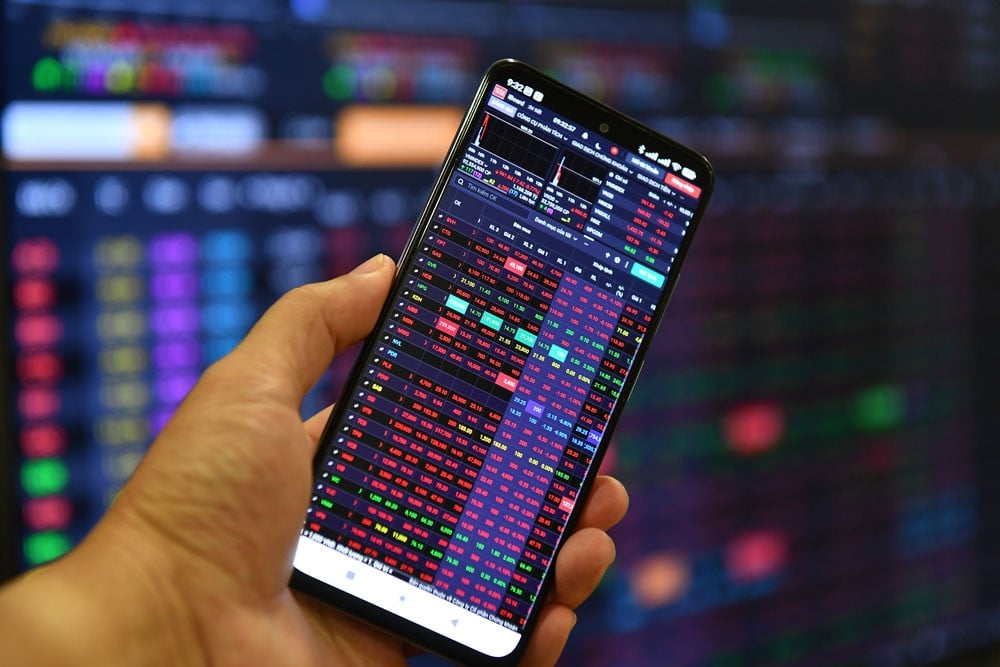
Source: https://vietnamnet.vn/thanh-khoan-2-7-ty-usd-phien-tien-dau-day-thi-truong-chung-khoan-bung-no-2426903.html






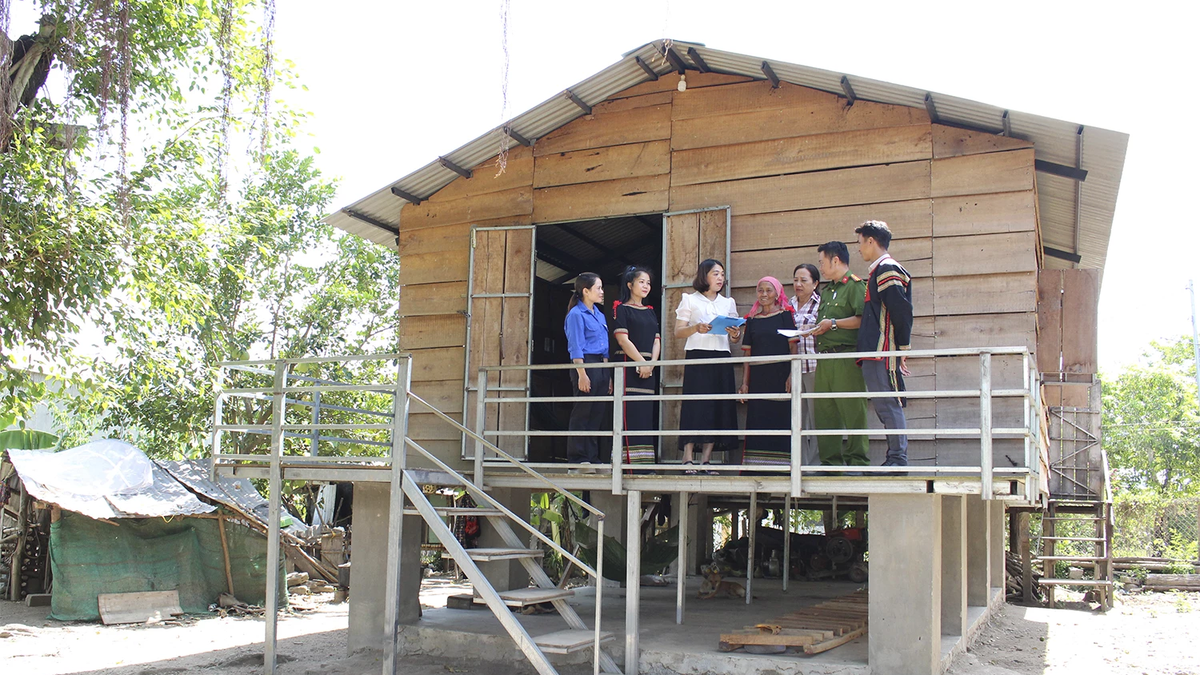














































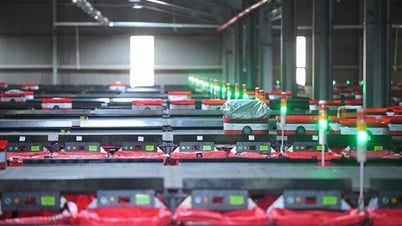









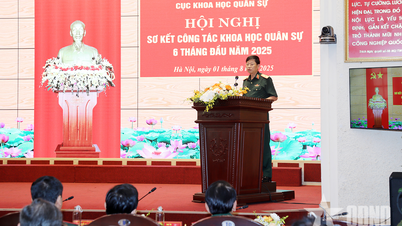













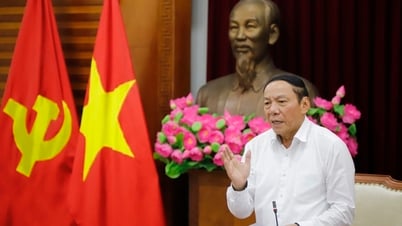
























Comment (0)